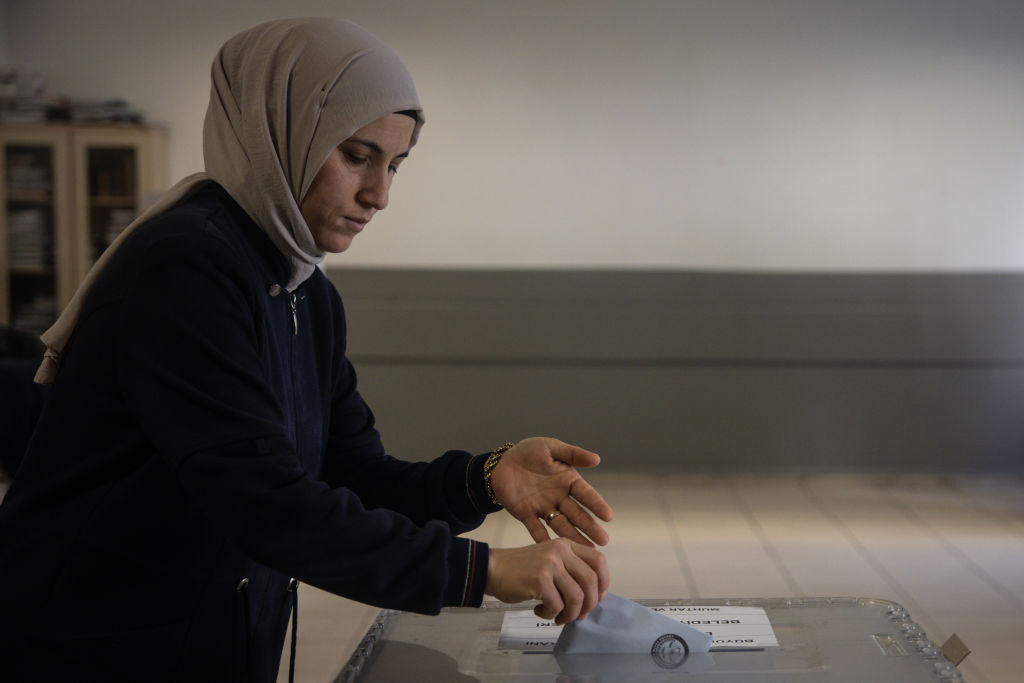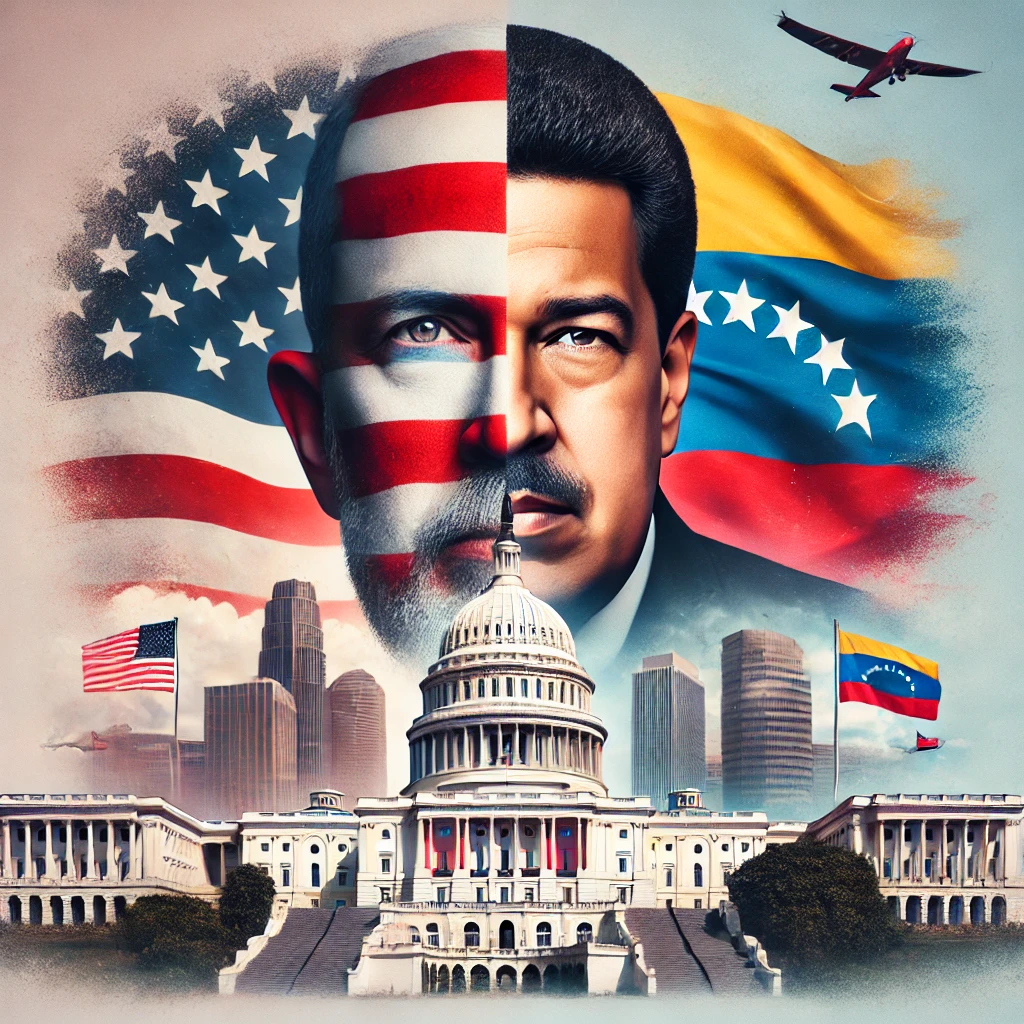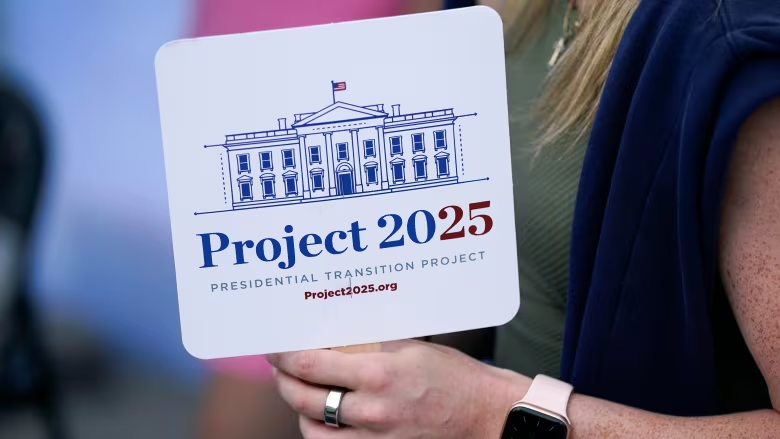Originally by Lauren Wolfe at msmagazine.com
With Project 2025 looming over the U.S. elections, Turkey offers a preview of an antidemocratic future.

Walking the streets of Istanbul, you come across absolutely gorgeous, enormous stray dogs. They are sweet and ask for little more than petting and a snack to eat. But in mid-July, the governing Justice and Development Party (AKP)—President Recep Tayyip Erdogan’s party—sent a bill to parliament that would order a roundup of these gentle giants and put them in shelters, where they’ll likely be euthanized.
In an op-ed for The New York Times in late July, Turkish novelist Kaya Genç wrote that he “can’t shake the sense that for the government, this is not really about the dogs. Mr. Erdogan long ago mastered the art of scapegoating.”
Over the years, Erdogan has deflected public discontent with his economic and social policies by pointing fingers at journalists and women’s rights defenders, among others. This time, he’s pulling a smoke-and-mirrors trick with street dogs to deflect from his poor showing in the March elections, which left the AKP in second place by a landslide—the worst outcome for the party since Erdogan came to power in 2002.
The dogs are the least of Turkey’s problems. Not when, for more than two decades, Erdogan has brought down an iron fist on civil liberties: political dissent and the rights of women, LGBTQ+ people, Kurds, refugees (particularly Syrians) and the press. The nonprofit Freedom House gives Turkey a measly score of 33 out of 100 in what it calls “global freedom.”
Since a failed coup in 2016, the Turkish government has become “incrementally more repressive,” explained Asli Aydintaşbaş, a visiting fellow at the Center on the United States and Europe at the nonprofit Brookings Institution. The outcome of this year’s election “creates a bit of a breathing space in urban areas in terms of free speech issues, but there has not been an improvement on the Kurdish issue,” she said.
Kurds make up about a fifth of the Turkish population, according to the Council on Foreign Relations’ Center for Preventive Action, but have unequal representation in the government and are designated “terrorists” by Erdogan and his party.

Police have cracked down on protests since Istanbul’s massive Gezi Park demonstration in 2013, when Turks stood up for free expression, a free press and a secular government—only to be met by lines of armed police firing plastic bullets, water cannons and tear gas. Meanwhile, imams in Turkey are installed by the government, as are public school teachers, said Berna Akkizal, executive director of the Civic Space Studies Association in Istanbul. The organization works to support students’ freedom of expression, which has become more regulated.
Press freedom is a massive crunch point under the current government. Some 90 percent of media outlets are under direct government control or are owned by Erdogan’s cronies, thereby quashing corruption investigations and policy critiques while villainizing Syrians and other groups. Outlets are censored, fined and shut down. The Coalition for Women in Journalism has tracked Turkey’s abnormally high number of jailed women journalists, who also face physical assaults, organized troll campaigns, workplace harassment, racist attacks and detention.
Women’s rights in general have been backsliding over the past few years—particularly since 2021 when, bowing to the demands of Erdogan’s conservative supporters, Turkey pulled out of the Istanbul Convention. The convention “requires parties to develop laws, policies and support services to end violence against women and domestic violence,” Aydintaşbaş said. “Turkey’s decision to withdraw from the Istanbul Convention on violence against women can be seen as removing one more layer of protection for women.”
Amnesty International called the departure “deeply disturbing,” adding that by retreating from the convention, “Turkey turned its back on the gold standard for the safety of women and girls.”
“Since that happened, there are no more women’s marches,” Akkizal said. “It’s a bleak picture.”
According to Akkizal, for the past five or six years, police have attacked people who tried to march for Pride Month. In Istanbul, if women now march at all for International Women’s Day, it’s on a side street, whereas before thousands would march through the city’s main commercial district. She told Ms. that LGBTQ+ and even unmarried straight couples who live together are denied benefits. Not to mention, feminist and LGBTQ+ associations are constantly under “investigation” by the government. It’s all part of a conservative push to promote traditional families.
Freedom House reports that LGBTQ+ people face “widespread discrimination, police harassment and violence. Laws do not protect people from discrimination based on sexual orientation or gender identity.” The organization notes that homophobic hate speech played a central role in the AKP’s 2023 election campaign. In February, about a dozen young protesters gathered at the Süreyya Opera House in Kadiköy, on Istanbul’s Asian side, to demonstrate for LGBTQ+ rights. Police arrested them as they tried to unfurl a banner in support of their cause.
Still, the cause of civil and human rights in Turkey is not a hopeless one. With the shift in the AKP’s power, “there’s more of an effort for pushback,” Aydintaşbaş said. “People are more galvanized.”
When asked whether there is any hope for improvement in the country, Akkizal describeed the students she works with as “full of hope, full of energy and motivation. So I think that in five or 10 years, a huge change will happen for Turkey, because a very, very intelligent and clever and brave generation of young people is coming.”
Read the Original Story





